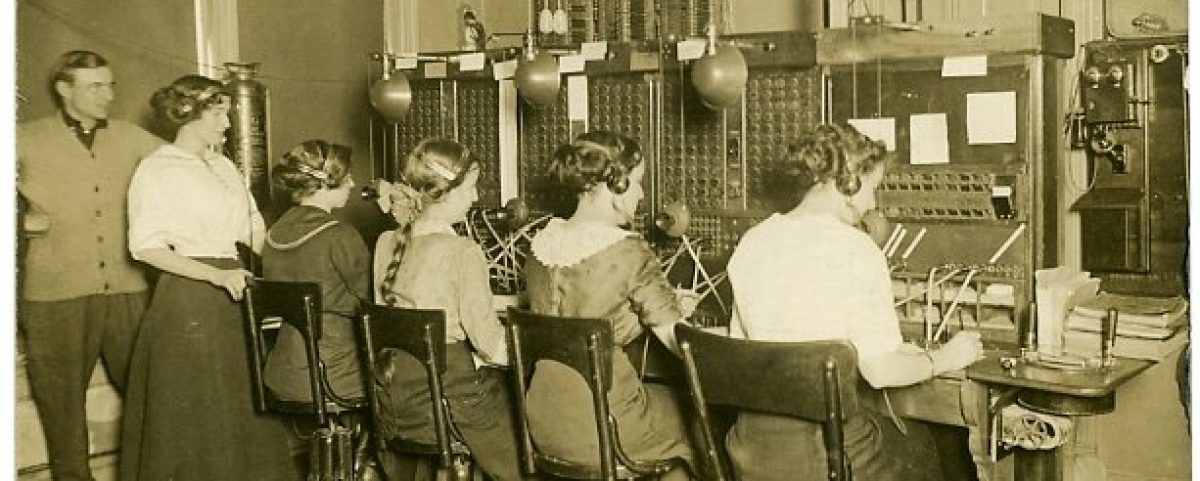
New Castle County Reads 2013 has selected the book March by Geraldine Brooks at its feature title for discussions and programming in 2013. The north is reeling under a series of unexpected defeats during the darkest days of the Civil War in this extraordinary novel, as Mr. March leaves his family to aid the Union cause. The author tells the story of the absent father going off to war and the reopening of past relationships in the process.
To support New Castle County Reads 2013, the library system is hosting a number of Civil War themed programs this spring. On April 7th, at the Bear Branch Library, I will be talking about the Mason and Dixon Line and the Civil War and the C & D Canal and the War. These programs are supported by the Delaware Humanities Forum.
When I did the talk about the C & D Canal and the Civil War at the New Castle Public Library on March 27th, we had an informed, lively discussion. Members of the Delaware Civil War Roundtable and Friends of Fort Delaware were there. During the evening we talked about a number of seldom used sources that serve as evidentiary traces for exploring the old canal’s important role in the war. There is a lot to this story that hasn’t been investigated and it was an enjoyable evening discussing matters with this group.



